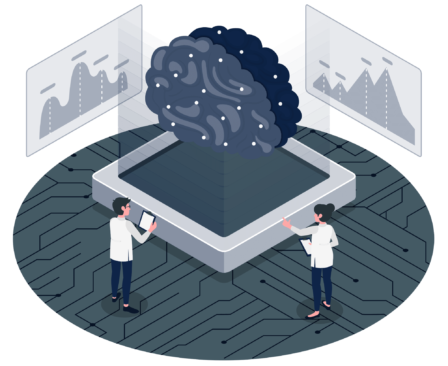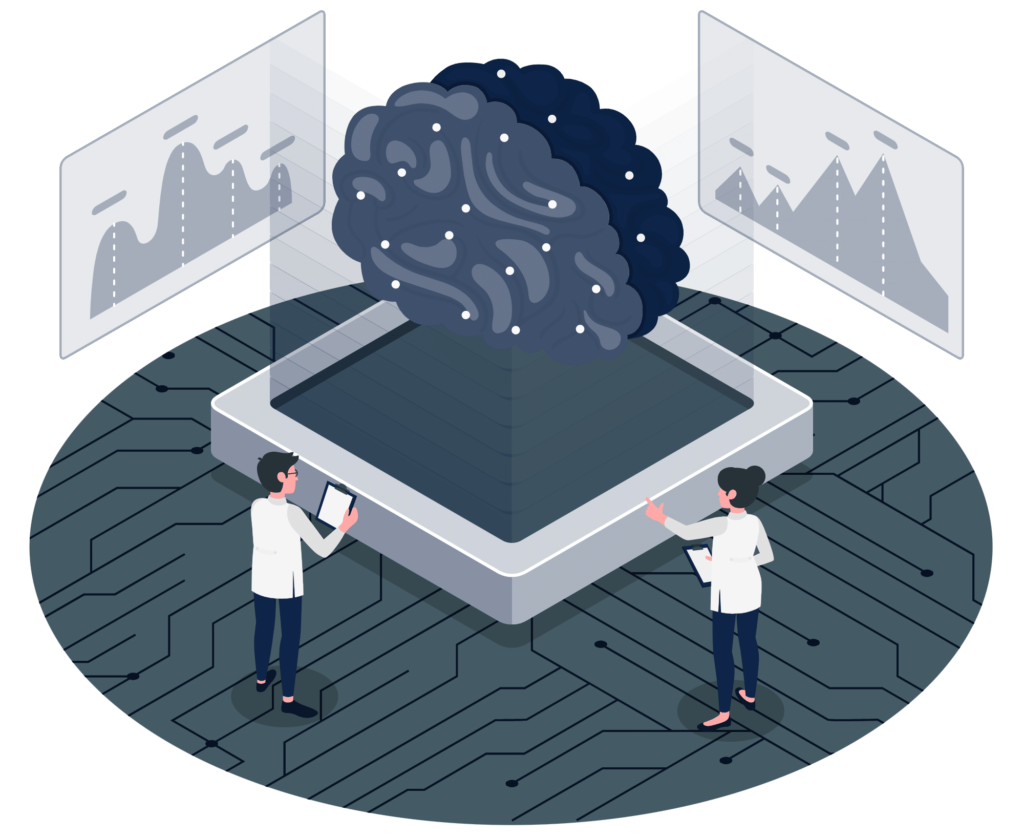How is artificial intelligence transforming the world of web design? From real-time personalisation to automated UX testing, discover the latest innovations that are defining a new era of web design.

Web developer

In today's fast-paced world of technology, artificial intelligence (AI) and automation are becoming increasingly integral to various industries, including web design. This revolution is ushering in new opportunities, changing the way developers and businesses approach website design. Thanks to advances in AI, web design is becoming faster, more intuitive and tailored to users' needs.

AI can take over time-consuming and repetitive tasks such as coding simple elements, optimising images or user testing. Tools such as Adobe Sensei are already using artificial intelligence to automation of graphic design, allowing designers to focus on the more creative aspects of their work.
One of the most important aspects of modern websites is user personalisation. AI can analyse data about user behaviour on the site, such as time spent on specific sections, interactions with content or historical navigation data. Based on this, algorithms can adjust content, layout and even interactions in real time to improve the overall user experience.
AI can test different page design variants, analyse the results and suggest the best solutions based on real user data. This type of machine learning can significantly speed up and automate the UX/UI design process, leading to pages that are not only aesthetically pleasing, but also maximally functional.
Adobe Sensei uses machine learning and artificial intelligence to automate complex processes in Adobe Experience Manager, enabling designers to create personalised user experiences faster.
Wix offers an ADI tool that automatically creates websites based on the user's answers to several questions. The tool takes into account your industry, style preferences and needed features to create a functional and aesthetically appealing website.
The Grid is an AI that 'designs' websites by analysing content and contextualising it in the most visually effective way. It uses a range of algorithms to optimise the layout of a page without direct intervention from the designer.
Although AI and automation in web design open up new opportunities, they also bring some challenges. One is the risk of creating pages that may appear too generic or not fully tailored to a brand's unique needs. In addition, privacy and data security issues users are increasingly important as AI analyses and processes large amounts of information. If you want to make sure that your website is original and tailored perfectly to you, we encourage you to make an appointment to free consultation with our team. You can also find a contact form here for more details Contact.
The future of web design with AI and automation promises to be exciting, with the promise of significant improvements in efficiency, personalisation and functionality. As in any technology-related field, the key will be to strike a balance between taking advantage of new opportunities and maintaining a creative spirit and individual approach to each project. Without a doubt, AI will change the face of web design, but it is designers who will continue to drive this change, using new tools to create even better websites.

Web developer